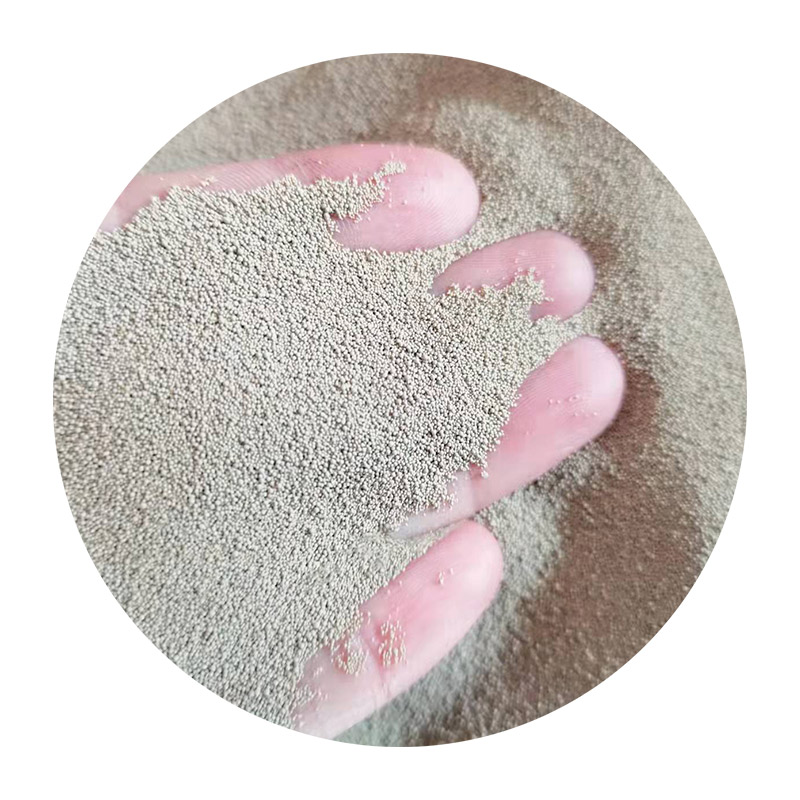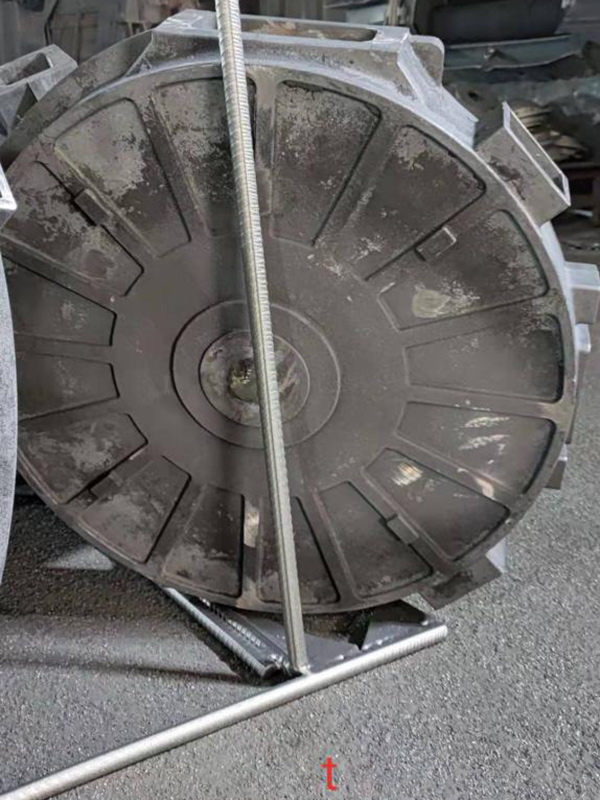

Another notable type is zircon sand, which offers superior thermal stability and a smooth surface finish for precise castings. Its low thermal expansion and high thermal conductivity contribute to minimal casting defects, making it ideal for intricate and high-precision work. However, the cost of zircon sand is at the higher end of the spectrum, often justified by its application in high-value, complex projects where precision is non-negotiable. Furan resin sand, a synthetic option, combines sand with furan resin to form stable mold structures, allowing for quick hardening through the self-setting process. The resulting molds boast high strength, excellent surface finish, and are reliable for both intricate and larger castings. Due to its adaptability and superior finish results, furan resin sand is increasingly favored in automotive and heavy machinery casting. By comparison, sodium silicate (water glass) sand, bonded by sodium silicate and hardened by CO2 exposure, produces molds that are strong and precise. It’s cost-effective and environmentally friendly, given its minimal emissions and reusability. While the moisture content can be a limiting factor, it’s highly suitable for simple and medium-complexity steel castings. Olive sand, less common but gaining traction, is lauded for its environmentally friendly properties, such as low dust formation and high reclamation rates. Its balanced thermal expansion and conductivity make it a feasible alternative to traditional options, targeting companies that prioritize sustainability without compromising material performance. The choice of foundry sand significantly impacts production outcomes, making expertise in understanding sand properties and applications pivotal for efficient casting. Innovators in the industry continue to develop sands with enhanced properties, pushing boundaries to meet the ever-demanding needs for quality, sustainability, and economic viability. Post time:ফেব্রু. . 05, 2025 04:46
Next:different types of foundry sand
